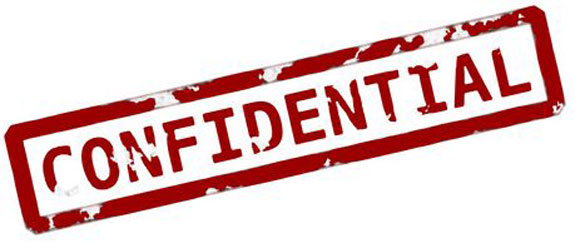
May 7, 2019; Associated Press via US News & World Report
The attorneys general of New York and New Jersey have filed a lawsuit to find out how the IRS made the decision in July 2018 to stop requiring many tax-exempt organizations to disclose donor information on their annual Form 990 filings. The disclosure change affected most nonprofit entities that are not public charities and private foundations covered under Section 501c3 of the Internal Revenue Code. The lawsuit seeks the information in part because the plaintiffs object to the donor disclosure requirements being dropped without the opportunity for public notice and public comment.
States claim that obtaining donor information from 990 filings is important to their ability to perform oversight and, if necessary, investigation of nonprofit practices including political advocacy. The primary concern expressed is the ability to understand how donors and donations to 501c4 social welfare organizations, sometimes referred to as “dark money” groups, interrelate and are used. “My office depends on these critical donor disclosure forms to be able to adequately oversee nonprofit organizations in New York,” New York AG Letitia James said in a statement.
In a seven-page IRS Revenue Procedure issued last July, the IRS explained that there was no statutory requirement that the IRS collect donor information from groups other than 501c3 organizations, even though that practice had been implemented by agency regulation. The regulation implementing donor disclosure includes a provision authorizing the Treasury to issue exemptions to affected organizations. The application of IRS discretion is explained briefly in the announcement:
Sign up for our free newsletters
Subscribe to NPQ's newsletters to have our top stories delivered directly to your inbox.
By signing up, you agree to our privacy policy and terms of use, and to receive messages from NPQ and our partners.
The IRS does not need personally identifiable information of donors to be reported on Schedule B of Form 990 or Form 990-EZ in order for it to carry out its responsibilities. The requirement to report such information increases compliance costs for some private parties, consumes IRS resources in connection with the redaction of such information, and poses a risk of inadvertent disclosure of information that is not open to public inspection.
NPQ reported on one example of disclosure of confidential donor information where the 501c4 National Organization for Marriage had its records disclosed by an IRS employee and ultimately published by the Human Rights Campaign and the Huffington Post.
The frustration of some states’ charity regulators at the IRS action is understandable because most states don’t have their own statutes requiring nonprofits to disclose donor information to state governments. Even though the Form 990 donor information has been confidential under federal law, some states have sought to require 501c4s and other non-501c3 organizations to send copies of their hitherto IRS-required donor lists as part of their state compliance filings.
For legal, regulatory, and political reasons, it’s unlikely that the New York-New Jersey lawsuit and a similar previously filed Montana-New Jersey lawsuit will result in IRS reinstatement of the rescinded disclosure requirements. What the lawsuits do alert us to is that regulation and oversight of social welfare/secret money groups, labor unions, chambers of commerce, and other non-charitable nonprofit organizations is becoming more difficult. Only congressional action to pass a new law—one able to withstand a legal challenge likely reaching the US Supreme Court—is likely to bring increased disclosure about money flows and activities of many nonprofit groups.—Michael Wyland












